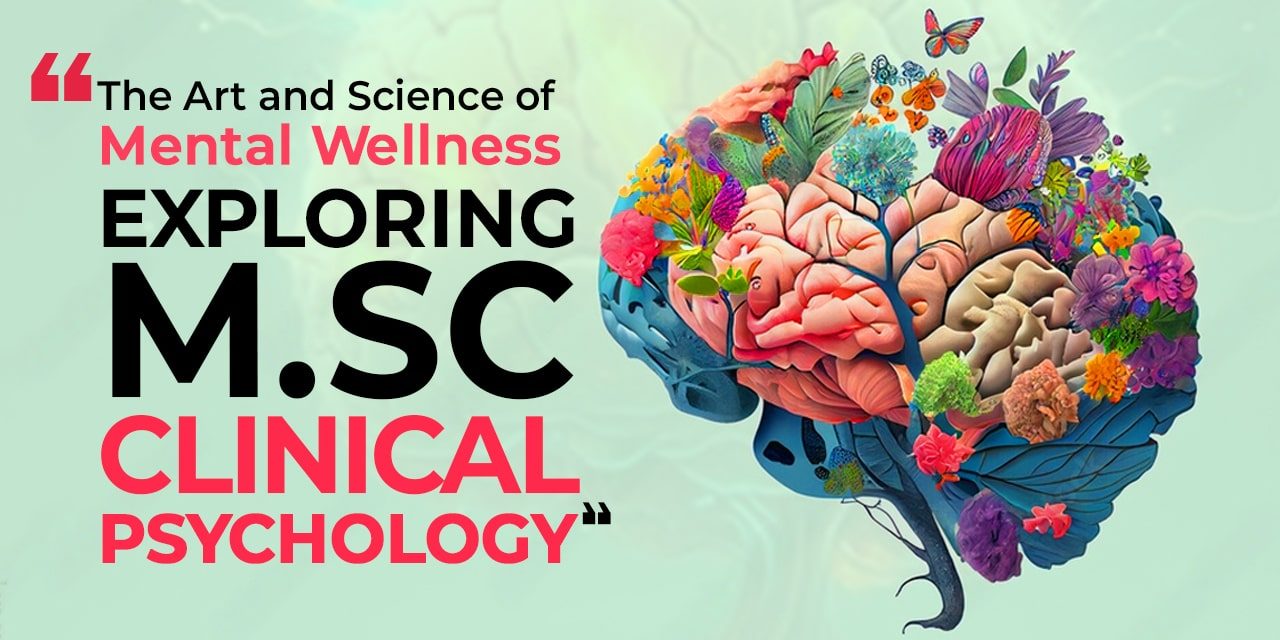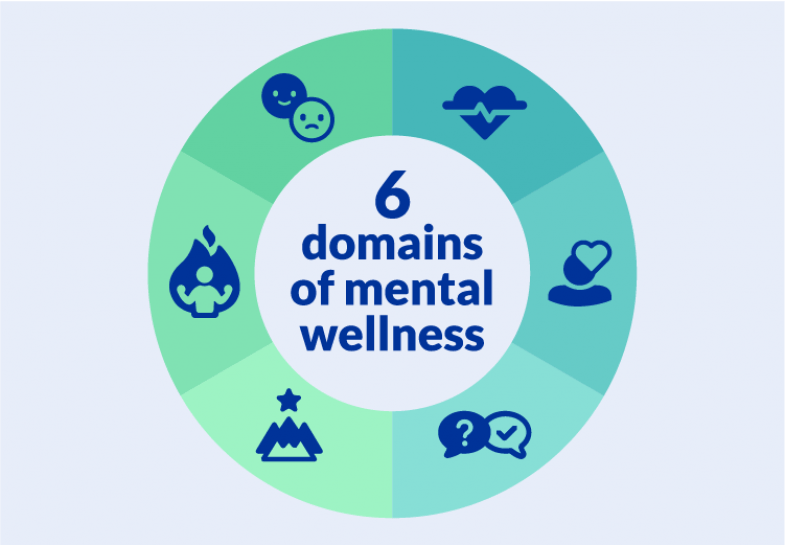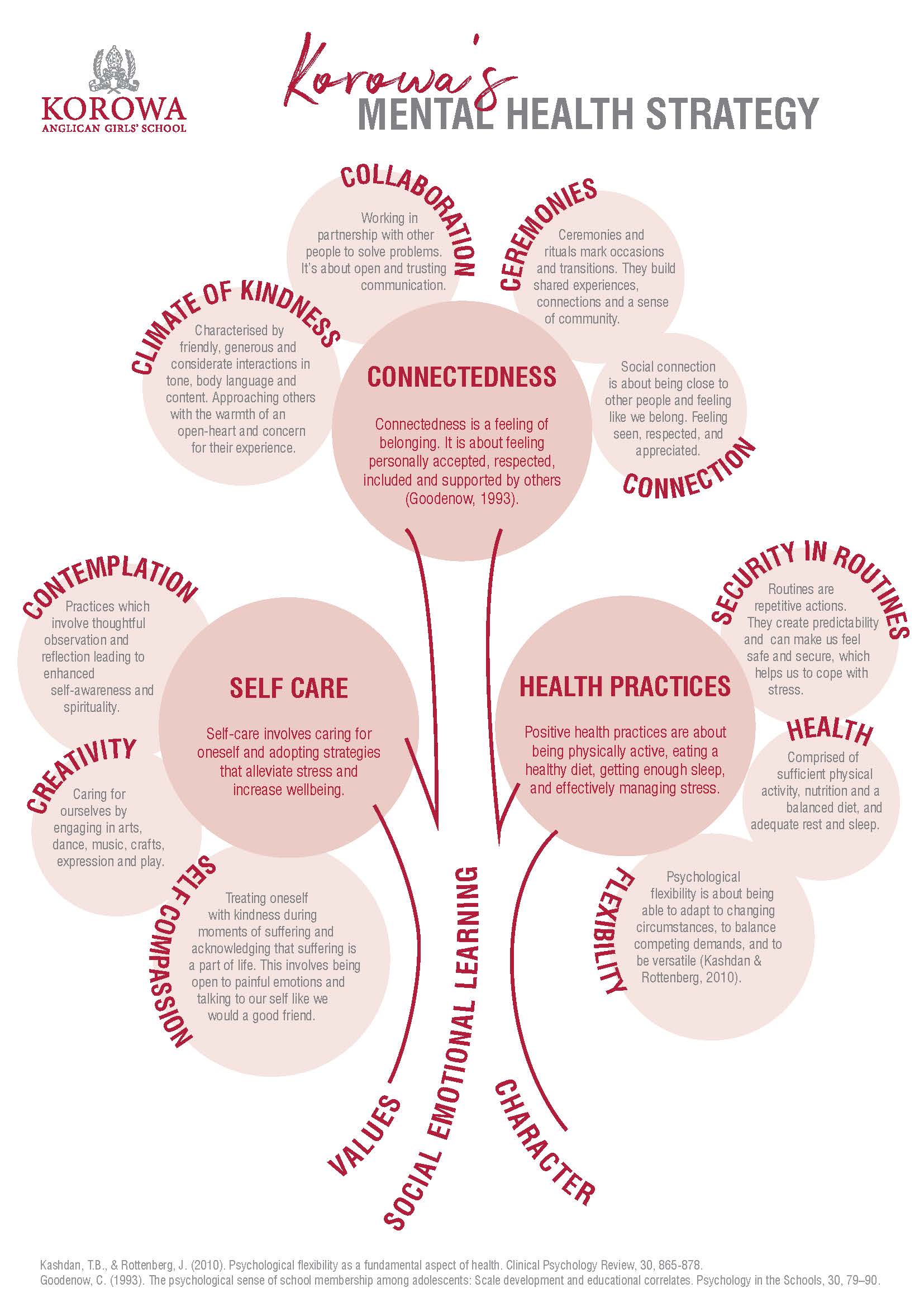Boost Your Wellness Essential Tips for a Healthy Life
Introduction
Alright, folks, let’s talk about how to boost your wellness and live your best life. In this guide, we’re diving into essential tips for maintaining a healthy lifestyle. Whether you’re aiming for better physical health, mental well-being, or both, we’ve got you covered.
Prioritize Nutrition
First things first, let’s talk about what you’re putting into your body. Nutrition plays a massive role in your overall health, so it’s crucial to prioritize wholesome, nutritious foods. Focus on incorporating plenty of fruits, vegetables, lean proteins, and whole grains into your diet. And don’t forget to stay hydrated by drinking plenty of water throughout the day.
Move Your Body Regularly
Next up, let’s get moving. Regular physical activity is key to maintaining a healthy body and mind. Find activities that you enjoy, whether it’s jogging, cycling, swimming, or dancing. Aim for at least 30 minutes of moderate exercise most days of the week, and mix it up to keep things interesting. Remember, staying active doesn’t have to mean hitting the gym—find ways to incorporate movement into your daily routine.
Prioritize Sleep
Now, let’s talk about the importance of sleep. Getting enough quality sleep is essential for your physical and mental well-being. Aim for 7-9 hours of shut-eye each night, and create a relaxing bedtime routine to help you wind down. Turn off electronics, dim the lights, and practice relaxation techniques like deep breathing or meditation to signal to your body that it’s time to rest.
Manage Stress
Stress is a natural part of life, but when left unchecked, it can take a toll on your health. Find healthy ways to manage stress, whether it’s through exercise, meditation, spending time in nature, or pursuing hobbies you enjoy. Remember to prioritize self-care and carve out time for relaxation and rejuvenation.
Stay Connected
Humans are social creatures, and maintaining strong connections with others is vital for our well-being. Make time for friends and family, whether it’s through phone calls, video chats, or in-person visits. Surround yourself with positive, supportive people who lift you up and make you feel good about yourself.
Practice Mindfulness
Mindfulness is the practice of being present in the moment and fully engaging with whatever you’re doing. Incorporate mindfulness into your daily life by paying attention to your thoughts, feelings, and sensations without judgment. Practice mindfulness meditation, mindful eating, or simply take moments throughout the day to pause and breathe deeply.
Stay Hydrated
Hydration is key to good health, so be sure to drink plenty of water throughout the day. Aim for at least 8 glasses of water daily, and adjust your intake based on factors like exercise, climate, and overall health. Carry a water bottle with you wherever you go to make it easier to stay hydrated on the go.
Prioritize Self-Care
Self-care isn’t selfish—it’s essential for maintaining your overall well-being. Make time for activities that nourish your mind, body, and soul, whether it’s taking a bubble bath, reading a good book, or going for a nature walk. Remember to prioritize









